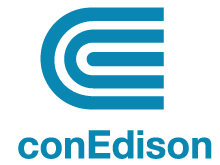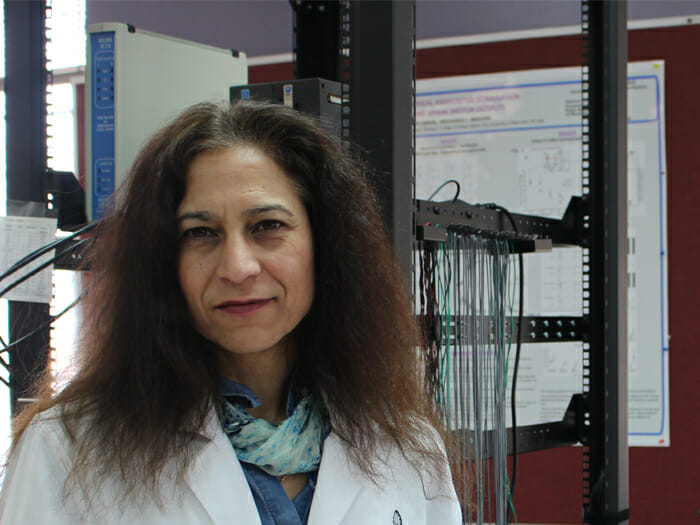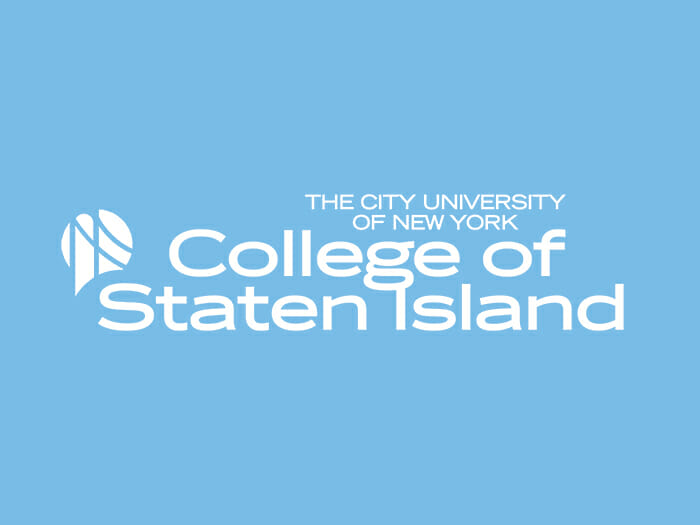The College of Staten Island Center for Environmental Science will present the “2009 Environmental Justice Conference: History, Issues, and Outlook” on Friday, May 8 in the Center for the Arts Williamson Theatre beginning at 8:00am. The keynote speaker will be Kit Kennedy, Esq., Office of the New York State Attorney General. The event is sponsored by Con Edison.
In addition to the keynote, there will be two panel discussions.
Panel I: Environmental Justice: Science and Issues will feature the following speakers and topics: “Knowledge = Justice: Access to Information and Public Awareness of Environmental Activity,” Ross Brady, Esq., Senior Attorney and Counsel, the Interstate Environmental Commission; “Environmental Justice Impacts: Analyzing the Risks, Rossville,” Dr. Michael Kress, Vice President for Technology Systems and Professor of Computer Science, CSI; and “FAA Metropolitan Airspace Redesign Project: Environmental Justice Impacts Project: Environmental Justice Impacts,” John M. Scagnelli, Esq., Scarinci & Hollenbeck.
Panel II: Uncovering and Preventing Environmental Injustice in Your Backyard will include: “The Role of the University as a Community Resource,” Dr. Alfred Levine, Interim Dean of Research and Graduate Studies, CSI, Center for Environmental Science; “Environmental Justice: An Interstate Perspective,” Howard Golub, Executive Director and Chief Engineer, Interstate Environmental Commission; “Politics and Environmental Justice: How Staten Island Successfully Closed the World’s Largest Landfill,” Meagan Devereaux, Chief of Staff, Staten Island Borough President James P. Molinaro.
Dr. Donna Gerstle, Director, CSI, Center for Environmental Science, will present closing remarks at 12:30pm, with a luncheon to follow.
BACKGROUND
Environmental Justice
Environmental justice refers to the social movement that developed from grass-roots, community-based organizations in reaction to environmental hazards that have disparately affected communities of color and low-income populations. For more than three decades, environmental justice activists have worked to change the global understanding of the environment, which has come to be understood as the place where we live, where we work, and where we play. As a result, the environmental movement now includes consideration of urban disinvestment, racism, homes, jobs, neighborhoods, and communities as well as the protection and conservation of the natural world and its resources. Furthermore, environmental justice shapes international, national, and local policies and regulations in an effort to redress and mitigate the negative impacts and harm of environmental decision making.
The Center for Environmental Science at the College of Staten Island/CUNY
The Center for Environmental Science (CES) was established at CSI in 1987, as an outgrowth of the Environmental Science Master’s program. As a consequence of its location, the Center is uniquely situated to foster and conduct research on a variety of environmental issues.
The mission of the CES, along with CSI and CUNY, is to serve the Staten Island/New York community, focusing on excellence and equal opportunity in scientific research and education. CES functions in this capacity on both local and global scales by participating in regional as well as international programs aimed at the advancement of environmental scientific understanding. Examples of this participation include presentations at local and national scientific conferences, publication of research articles in peer-reviewed scientific journals, and participation in international collegiate project exchanges.
CES’s goal is to find scientific, educational, and legal solutions to environmental problems and begin to institute the solutions on the local, regional, national, and international bases. The Center for Environmental Science provides support for research and policy recommendations concerning environmental problems. One of the major purposes of the CES is to define and solve environmental problems on Staten Island and its environs through research that includes studies of breast cancer, respiratory diseases, toxic and carcinogenic chemicals in the air, and the population at risk of lung cancer.
Con Edison
Con Edison operates one of the world’s largest and most complex—yet most reliable—energy delivery systems, in the world’s most dynamic marketplace. As it looks to the challenges of the future, Con Edison can count on one advantage that no other company has—the energy of New York.
Interstate Environmental Commission
The Interstate Environmental Commission protects and enhances environmental quality through cooperation, regulation, coordination, and mutual dialogue between government and citizens in the tri-state region.

















